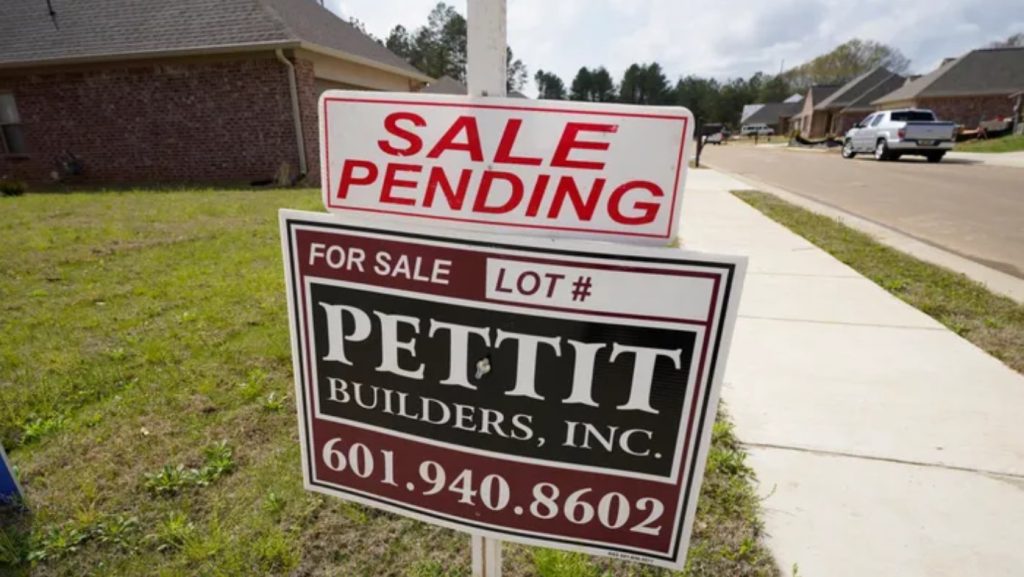
The average interest rate for a 30-year mortgage in the U.S. edged up again this week, reaching a level not seen in more than three years.
Mortgage buyer Freddie Mac said Thursday that the average rate on the 30-year loan this week rose to 4.72% from 4.67%, the latest in a series of rapid increases. Over the course of the past three months, rates have jumped 1.5% – the fastest pace of growth since May 1994. One year ago, the 30-year rate stood at 3.18%.
“The increase in mortgage rates has softened purchase activity such that the monthly payment for those looking to buy a home has risen by at least 20 percent from a year ago,” Sam Khater, Freddie Mac’s chief economist, said in a news release.
The average rate on a 15-year mortgage – which is more popular among homeowners who choose to refinance – climbed to 3.91% from 3.83% last week.
The new rates come as American consumers grapple with the hottest inflation in four decades.
Soaring consumer prices have inflicted financial pain on millions of U.S. households, particularly low-income families, eroding wage gains and setting up a massive political challenge for President Biden, who has seen his approval rating sink in conjunction with the rising prices.
It has also forced the Federal Reserve to concede that surging prices are not transitory and to take steps to dramatically normalize policy. Fed policymakers voted in March to raise the benchmark federal funds rate by 25 basis points and projected at least six more, similarly sized increases over the next year.
But officials have since taken a more hawkish stance, with some openly signaling support for a faster, half-percentage point increase at their May meeting – meaning mortgage rates will likely continue to climb.
Last week, a key measure of inflation that is closely watched by the Federal Reserve jumped 6.4% in February compared with the previous year as widespread supply disruptions, extraordinarily high consumer demand and worker shortages fuel rapidly rising prices.
The PCE report was accompanied by data on household spending, which showed that consumer spending cooled markedly in February, rising just 0.2% – compared with a 2.7% increase in January.
The data is further evidence of a spike in prices illustrated by a separate measure – the Consumer Price Index – which showed inflation rose by 7.9% in February from the previous year, a fresh 40-year high.